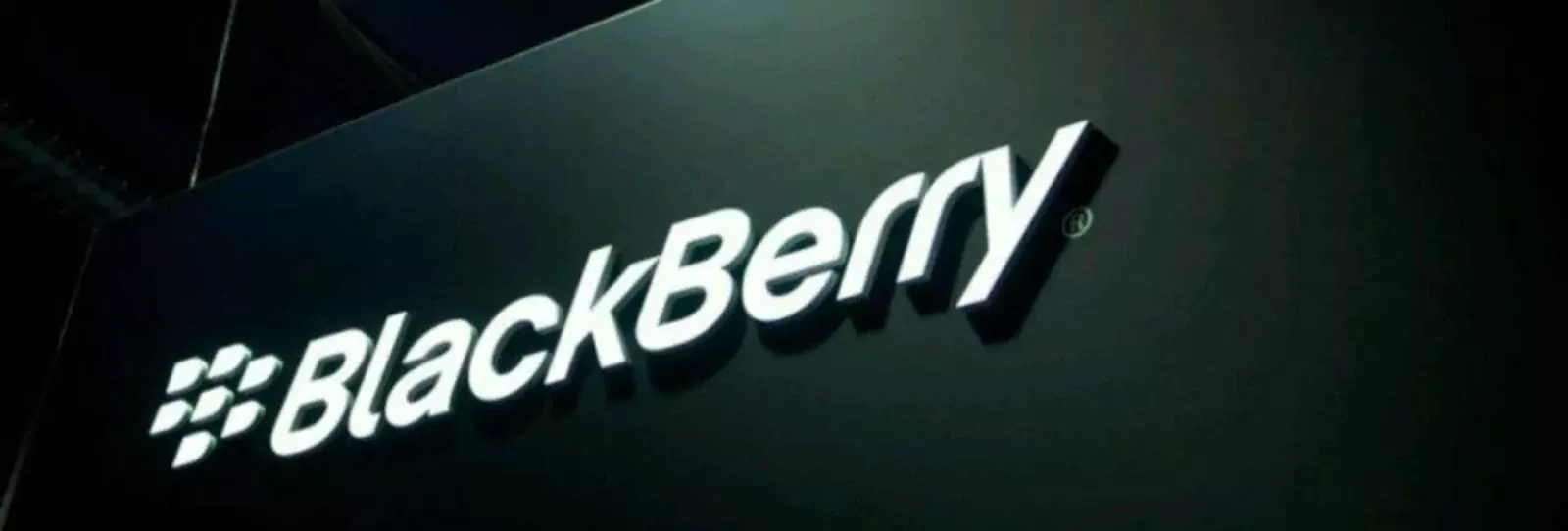The Ontario Superior Court of Justice has granted leave and allowed Swisscanto to proceed to the next step of litigation against BlackBerry, certification of the class action.
On January 30, 2013, BlackBerry launched the BlackBerry Z10, the first device to run using the new BlackBerry 10 operating system.
On launch, BlackBerry measured revenue from the sale of the Z10 using the “sell-in”¬ accounting method. Under this method, BlackBerry booked revenue when the phones were sold to distributors, rather than when the devices were purchased by consumers (an approach known as “sell-through”‚ accounting). Under GAAP, sell-in accounting is only appropriate where a business can make reasonable estimates of pricing adjustments that may be required to achieve consumer sales.
Consumer sales of the BlackBerry Z10 were poor; so much so that, on August 31, 2013, BlackBerry announced that it was writing off, by way of an inventory charge, approximately $1 billion of unsold BB10 Phones. In the same release, BlackBerry indicated that it was switching to sell-through accounting and that revenue from such sales would “not be recognised until those devices are sold through to end customers.
The market price of BlackBerry shares dropped 15% in response to the August 31st news release. Thereafter, a BlackBerry shareholder, Swisscanto Fondsleitung AG, launched a class action lawsuit in Ontario seeking, among other things, damages pursuant to the statutory right of action created by subsection 138.3(1) of the Ontario Securities Act.
Subsection 138.3(1) provides that where a responsible issuer (or a person with authority acting on the issuer’s behalf) releases a document that contains a misrepresentation, anyone who acquires or disposes of the issuer’s security after the misrepresentation, but before the misrepresentation was publicly corrected, has a right of damages against, among others, the responsible issuer and its directors and officers.
On the first issue, the Court held that Swisscanto had a reasonable chance of establishing that BlackBerry, by issuing financial statements on the basis of sell-in accounting, had made a misrepresentation. On this issue, the Court preferred the opinion of Swisscanto’s expert, who highlighted that the newness of the BB10 Phones coupled with recent negative experiences with other BlackBerry products meant that unexpected future concessions might be required to sell the BB10 Phones through to consumers.
On the second issue, whether the Statement amounted to a public correction, BlackBerry submitted that the Statement was not a correction of anything. Instead, new facts unrelated to the financial quarters at issue had caused BlackBerry to switch to sell-through accounting. BlackBerry further argued that it was disclosing the change without commenting on disclosures regarding previously recognised revenue.
Back in March of last year, BlackBerry won the dismissal of a U.S. lawsuit accusing it of fraudulently inflating its stock price by painting a misleadingly upbeat picture of the prospects for its BlackBerry Z10 smartphones.
You can view the whole legal argument and further legal details here.



